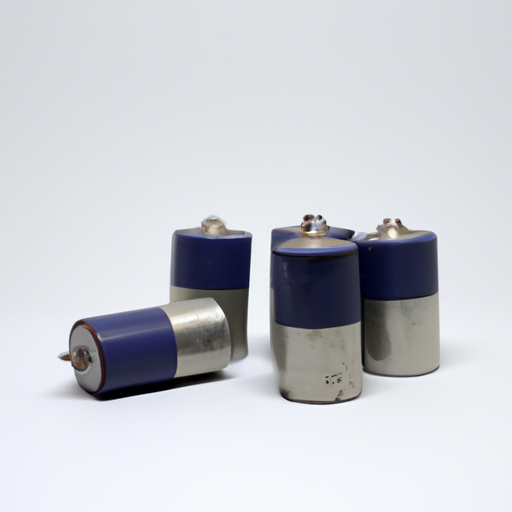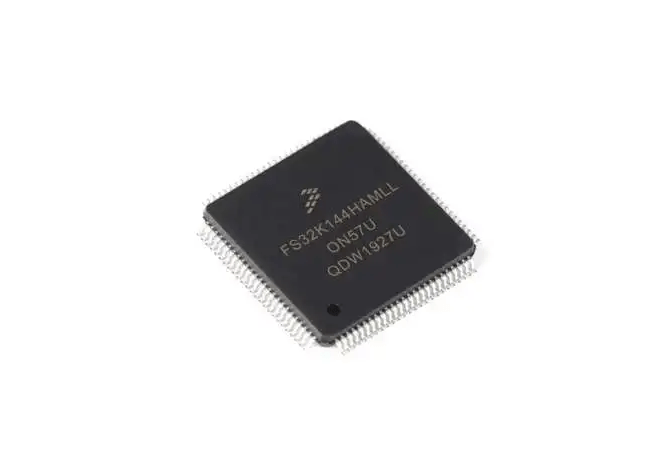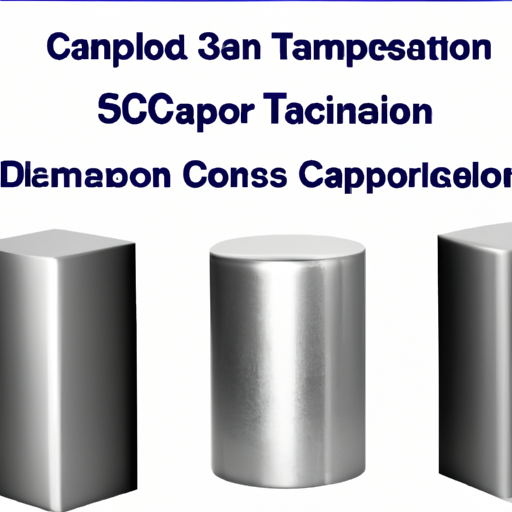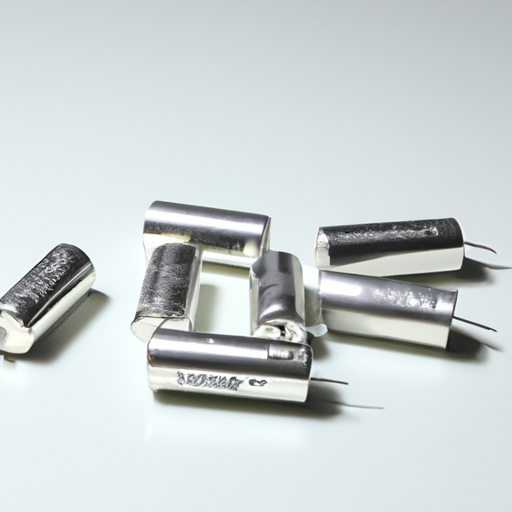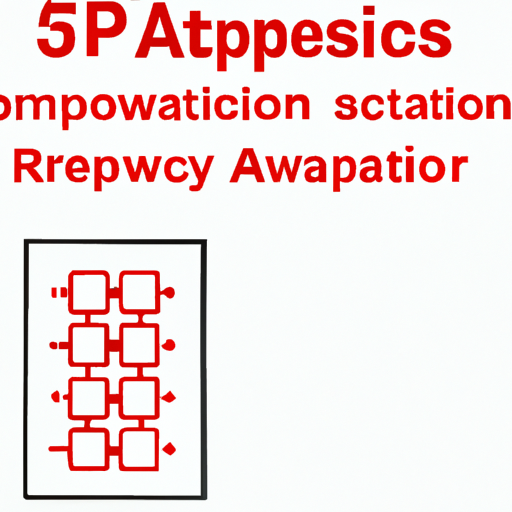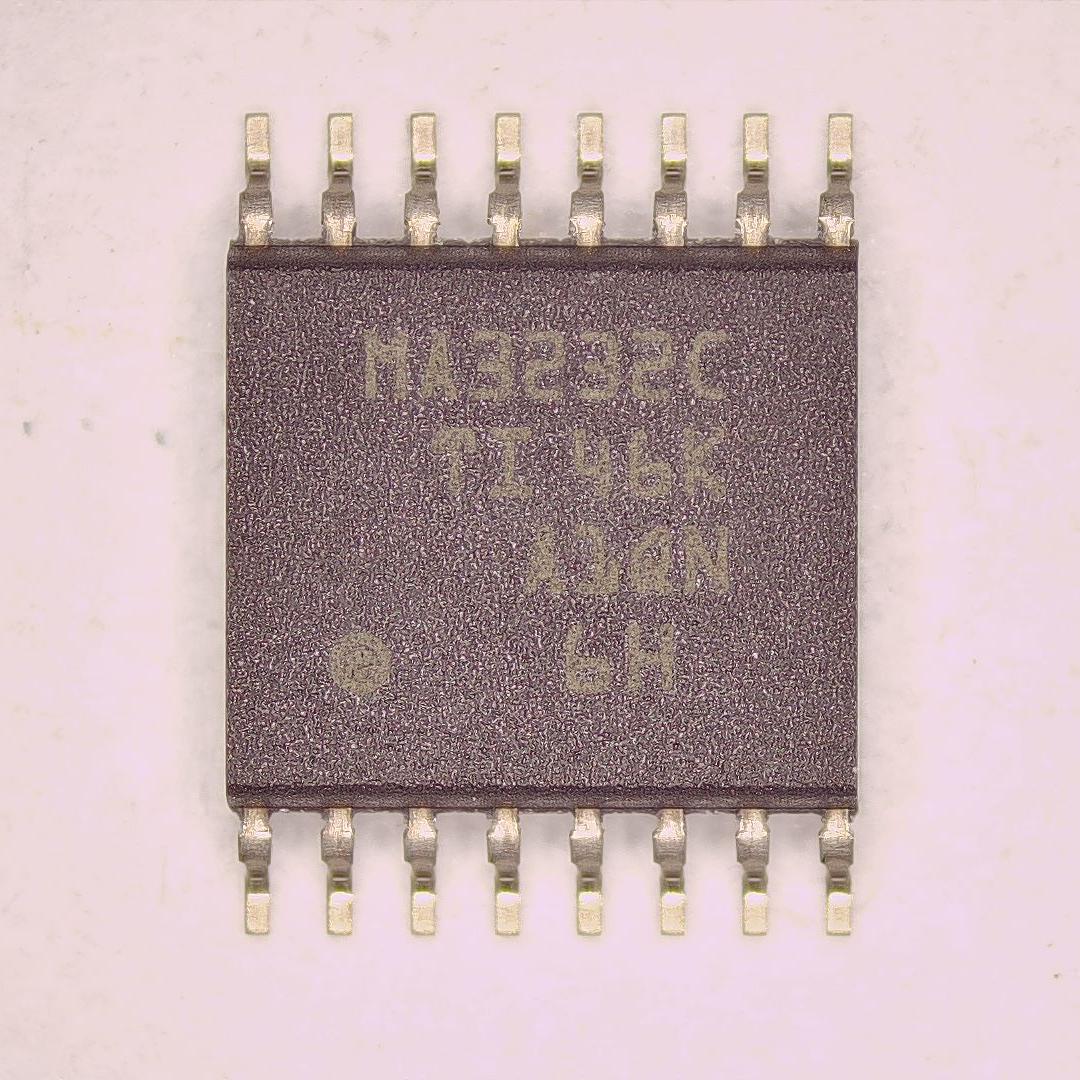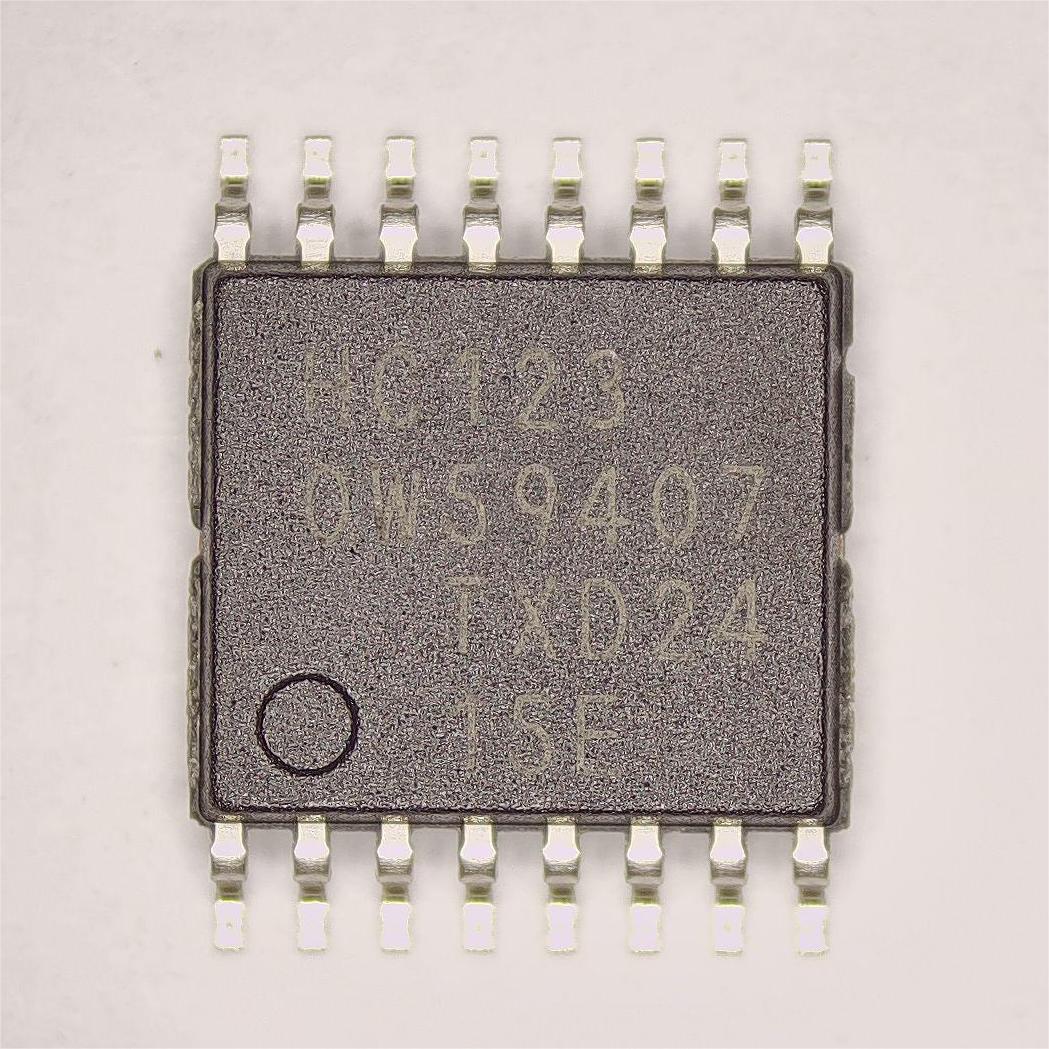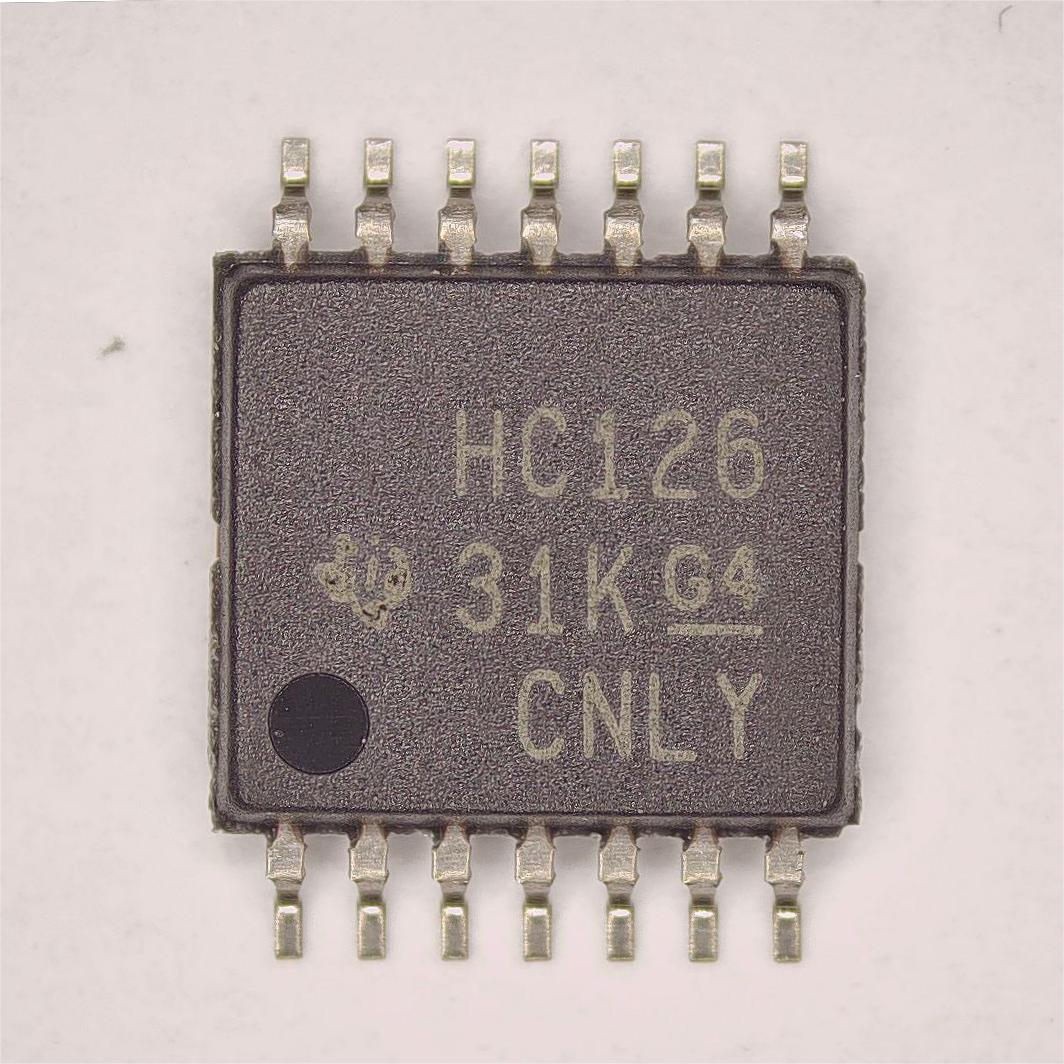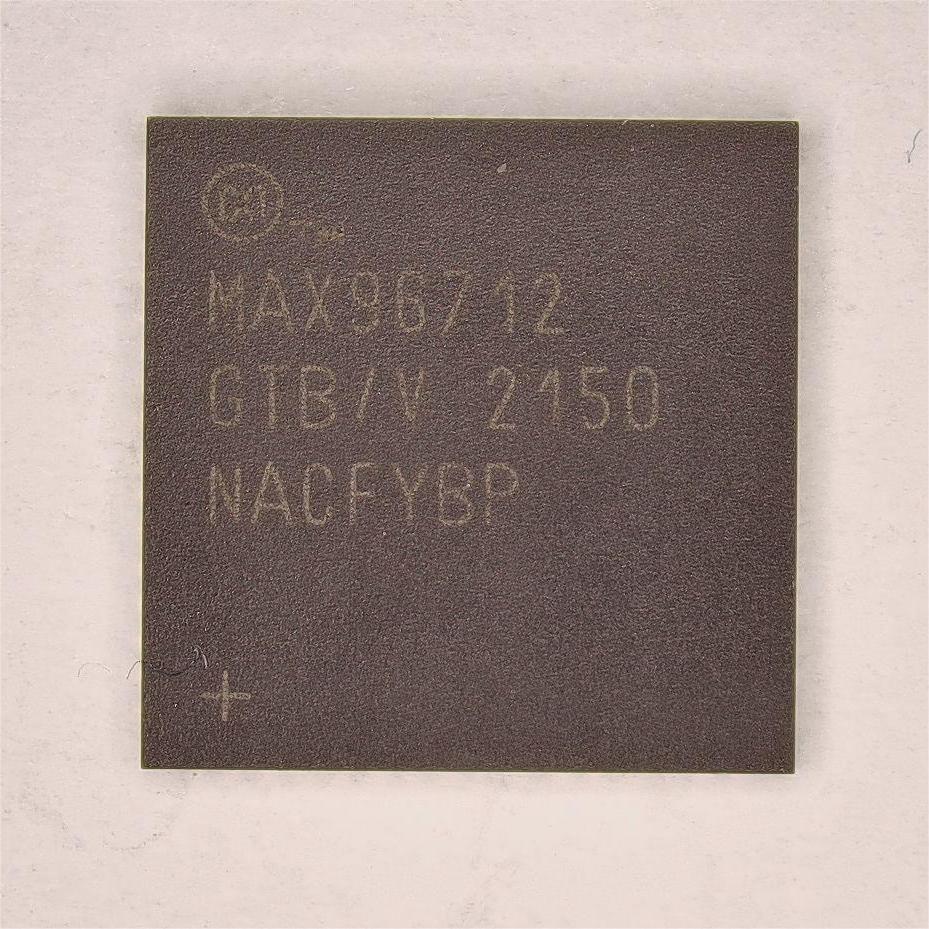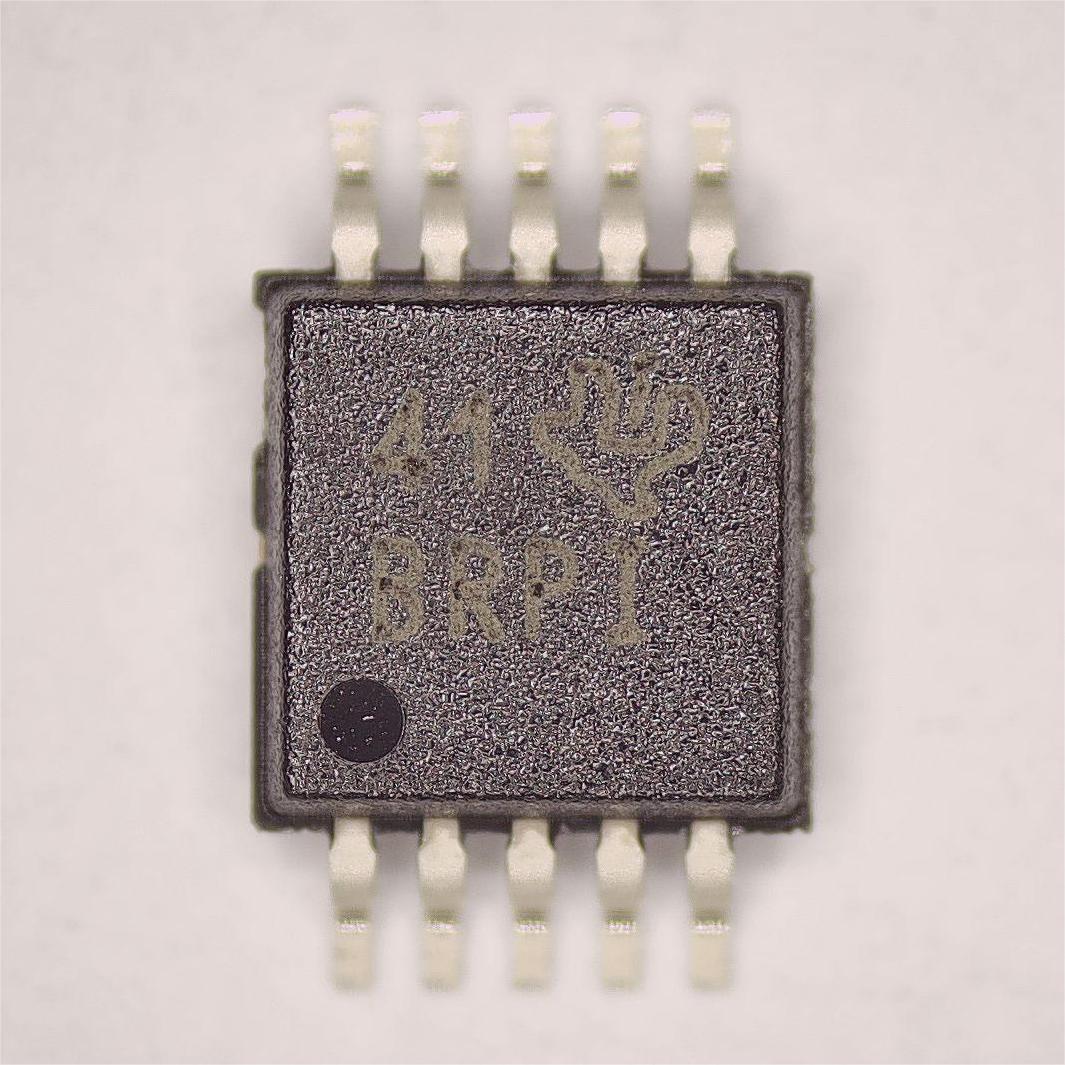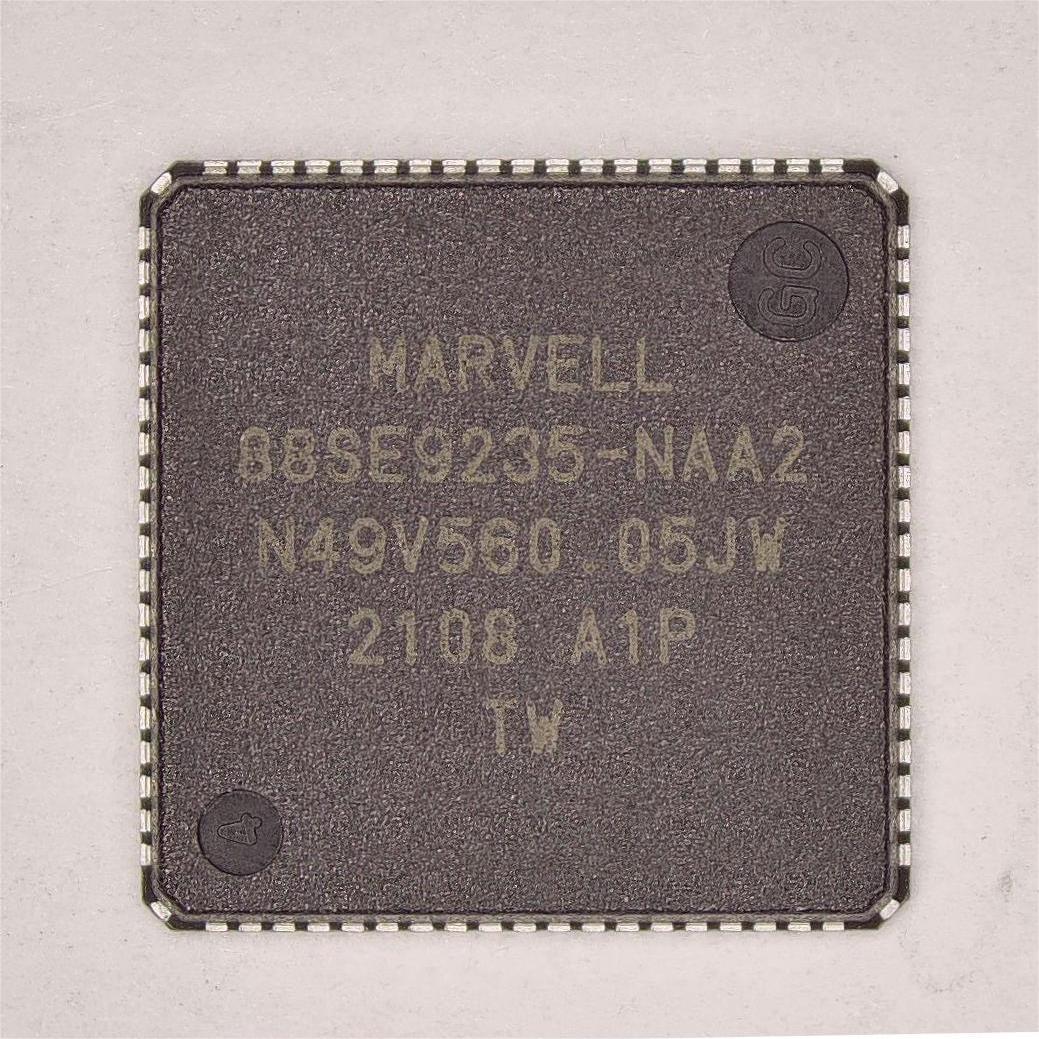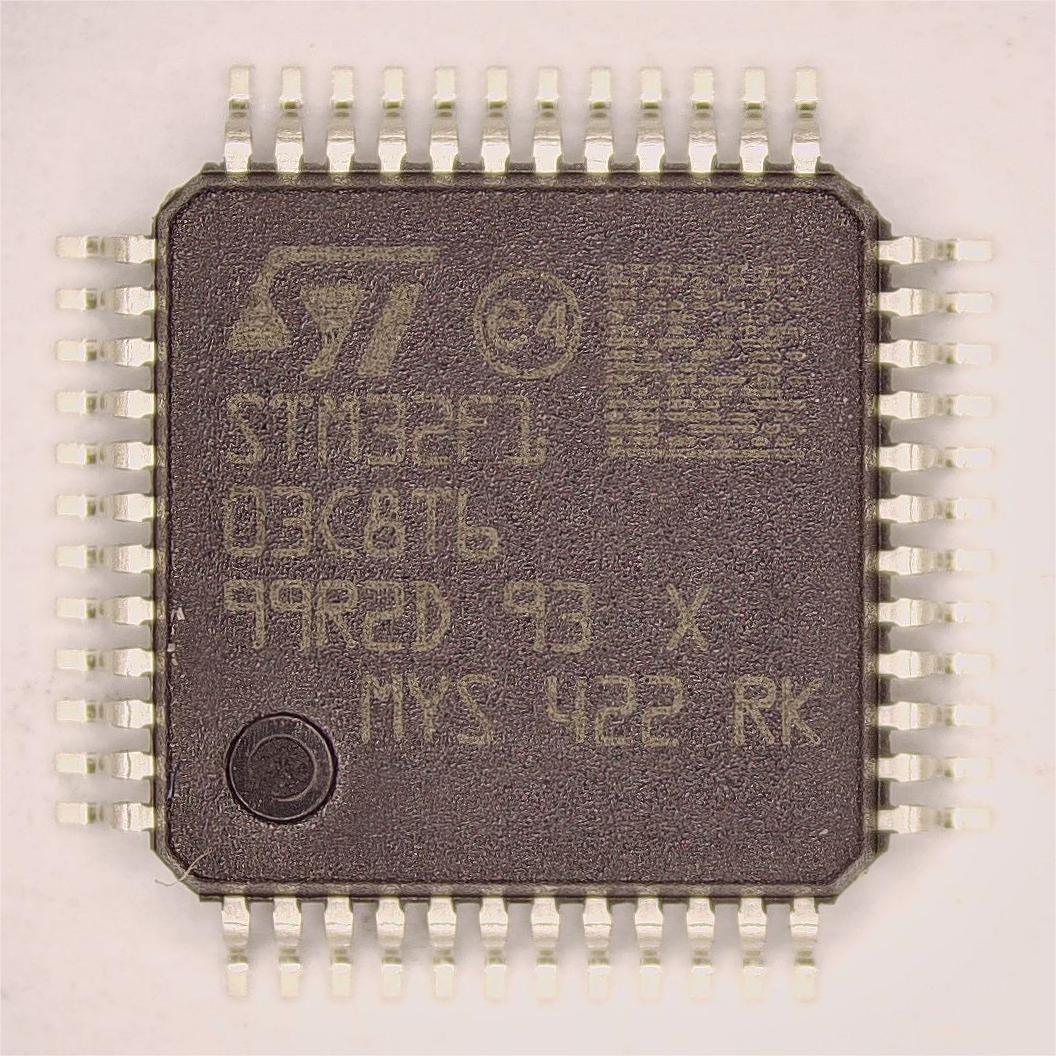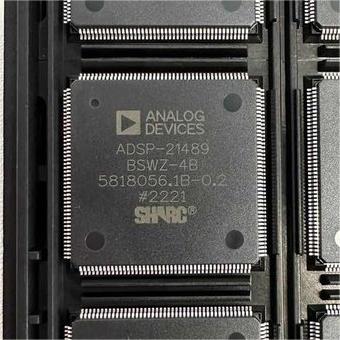What are the market policies for resistor symbols?
System
Apr 25
2
The Evolution of Renewable Energy: A Path Towards a Sustainable Future I. IntroductionAs the world grapples with the pressing challenges of climate change and environmental degradation, the importance of renewable energy has never been more pronounced. Renewable energy refers to energy derived from natural sources that are replenished at a faster rate than they are consumed. This includes solar, wind, hydro, biomass, and geothermal energy. The transition to renewable energy is crucial in reducing greenhouse gas emissions, promoting energy security, and fostering sustainable economic growth. This article will explore the historical context of energy sources, the various types of renewable energy, the role of technology, global trends and policies, economic implications, challenges, and the future of renewable energy. II. Historical Context of Energy Sources A. Traditional Energy Sources: Fossil Fuels and Their ImpactFor centuries, fossil fuels—coal, oil, and natural gas—have been the backbone of global energy consumption. The Industrial Revolution marked a significant turning point, as the demand for energy surged, leading to widespread reliance on these non-renewable resources. However, the environmental consequences of fossil fuel usage have become increasingly evident, including air and water pollution, habitat destruction, and significant contributions to climate change. B. The Emergence of Renewable EnergyIn response to the environmental crisis, the late 20th century saw a renewed interest in renewable energy sources. Early uses of renewable energy can be traced back to ancient civilizations that harnessed wind and water for power. However, it was not until the 1970s energy crisis that technological advancements began to pave the way for modern renewable energy solutions. Innovations in solar panels, wind turbines, and hydroelectric systems have transformed the energy landscape, making renewable energy more accessible and efficient. III. Types of Renewable Energy A. Solar EnergySolar energy harnesses the power of the sun through photovoltaic cells that convert sunlight into electricity. The benefits of solar energy are manifold: it is abundant, sustainable, and produces no emissions during operation. However, challenges such as high initial costs, energy storage, and dependence on weather conditions remain. B. Wind EnergyWind energy is generated by converting the kinetic energy of wind into mechanical power through wind turbines. This form of energy is one of the fastest-growing sources of electricity worldwide. The advantages of wind energy include low operational costs and minimal environmental impact. However, challenges such as noise, visual impact, and the need for suitable locations for wind farms persist. C. HydropowerHydropower generates electricity by harnessing the energy of flowing water, typically through dams. It is one of the oldest and most established forms of renewable energy. While hydropower is a reliable and efficient energy source, it raises environmental concerns, including ecosystem disruption and the displacement of communities. D. Biomass and BiofuelsBiomass energy is derived from organic materials, such as plant and animal waste. It can be converted into biofuels, which serve as alternatives to fossil fuels. Biomass plays a crucial role in waste reduction and can help lower carbon emissions. However, the sustainability of biomass production and its competition with food crops are significant challenges. E. Geothermal EnergyGeothermal energy taps into the Earth's internal heat to generate electricity and provide direct heating. This energy source is reliable and has a small land footprint. However, the potential for geothermal energy is limited to regions with suitable geological conditions, and the initial costs of development can be high. IV. The Role of Technology in Renewable EnergyTechnological advancements have been pivotal in the growth of renewable energy. Innovations in energy storage, such as lithium-ion batteries, have improved the reliability of solar and wind energy by allowing excess energy to be stored for later use. Smart grid technology enhances energy distribution efficiency, enabling better integration of renewable sources into existing power grids. Additionally, artificial intelligence and data analytics are optimizing energy use, predicting demand, and improving system performance. V. Global Trends and Policies in Renewable Energy A. International Agreements and CommitmentsGlobal efforts to combat climate change have led to significant international agreements, such as the Paris Agreement, which aims to limit global warming to well below 2 degrees Celsius. Countries are increasingly committing to ambitious renewable energy targets, recognizing the need for a collective response to the climate crisis. B. Government Incentives and SubsidiesMany governments are implementing policies to promote renewable energy adoption, including tax incentives, subsidies, and grants. These measures aim to lower the financial barriers to renewable energy investments and encourage businesses and individuals to transition to cleaner energy sources. C. Case Studies of Countries Leading in Renewable Energy AdoptionCountries like Germany, Denmark, and China are at the forefront of renewable energy adoption. Germany's Energiewende (energy transition) policy has significantly increased the share of renewables in its energy mix. Denmark is a leader in wind energy, generating over 40% of its electricity from wind turbines. China, the world's largest producer of solar panels, is rapidly expanding its renewable energy capacity, aiming for carbon neutrality by 2060. VI. Economic Implications of Renewable Energy A. Job Creation in the Renewable Energy SectorThe renewable energy sector is a significant driver of job creation. According to the International Renewable Energy Agency (IRENA), the sector employed over 11 million people globally in 2018, with numbers expected to rise as investments in renewables continue to grow. B. Cost Comparison Between Renewable and Non-Renewable Energy SourcesThe cost of renewable energy technologies has plummeted in recent years, making them increasingly competitive with fossil fuels. The levelized cost of electricity (LCOE) for solar and wind energy has reached parity with or is lower than that of coal and natural gas in many regions, making renewables an economically viable option. C. Investment Trends and Future Market PredictionsInvestment in renewable energy is on the rise, with global investments reaching over $300 billion in 2020. As technology continues to advance and costs decrease, the renewable energy market is expected to grow significantly, attracting both public and private investments. VII. Challenges Facing Renewable Energy Adoption A. Infrastructure LimitationsDespite the progress made, the existing energy infrastructure in many regions is not equipped to handle the integration of renewable energy sources. Upgrading and expanding the grid to accommodate distributed energy generation is essential for a successful transition. B. Public Perception and MisinformationPublic perception of renewable energy can be influenced by misinformation and lack of awareness. Education and outreach efforts are crucial in dispelling myths and promoting the benefits of renewable energy. C. Policy and Regulatory HurdlesInconsistent policies and regulatory frameworks can hinder the growth of renewable energy. Streamlining regulations and providing clear guidelines can facilitate investment and development in the sector. VIII. The Future of Renewable Energy A. Emerging Technologies and Their Potential ImpactThe future of renewable energy is bright, with emerging technologies such as floating solar panels, advanced energy storage solutions, and hydrogen fuel cells poised to revolutionize the sector. These innovations have the potential to enhance efficiency, reduce costs, and expand the reach of renewable energy. B. The Role of Individuals and Communities in Promoting Renewable EnergyIndividuals and communities play a vital role in the transition to renewable energy. Grassroots movements, local initiatives, and community solar projects can drive change at the local level, fostering a culture of sustainability and environmental stewardship. C. Vision for a Sustainable Energy FutureA sustainable energy future is achievable through a collective commitment to renewable energy. By prioritizing clean energy solutions, investing in technology, and fostering collaboration among governments, businesses, and communities, we can create a resilient and sustainable energy system. IX. ConclusionThe transition to renewable energy is not just an environmental imperative; it is an opportunity for economic growth, job creation, and energy independence. As we face the challenges of climate change, the importance of renewable energy cannot be overstated. It is essential for individuals, businesses, and governments to take action, invest in clean energy solutions, and work towards a sustainable future. Together, we can harness the power of renewable energy to create a healthier planet for generations to come. X. References1. International Renewable Energy Agency (IRENA). (2020). Renewable Energy and Jobs – Annual Review 2020.2. United Nations Framework Convention on Climate Change (UNFCCC). (2015). Paris Agreement.3. U.S. Department of Energy. (2021). Solar Energy Technologies Office.4. Global Wind Energy Council (GWEC). (2021). Global Wind Report 2020.5. World Bank. (2020). The World Bank Group’s Energy Sector Strategy. This blog post provides a comprehensive overview of the evolution of renewable energy, highlighting its significance, types, technological advancements, global trends, economic implications, challenges, and future prospects. By understanding the importance of renewable energy, we can collectively work towards a sustainable future. The Evolution of Renewable Energy: A Path Towards a Sustainable Future I. IntroductionAs the world grapples with the pressing challenges of climate change and environmental degradation, the importance of renewable energy has never been more pronounced. Renewable energy refers to energy derived from natural sources that are replenished at a faster rate than they are consumed. This includes solar, wind, hydro, biomass, and geothermal energy. The transition to renewable energy is crucial in reducing greenhouse gas emissions, promoting energy security, and fostering sustainable economic growth. This article will explore the historical context of energy sources, the various types of renewable energy, the role of technology, global trends and policies, economic implications, challenges, and the future of renewable energy. II. Historical Context of Energy Sources A. Traditional Energy Sources: Fossil Fuels and Their ImpactFor centuries, fossil fuels—coal, oil, and natural gas—have been the backbone of global energy consumption. The Industrial Revolution marked a significant turning point, as the demand for energy surged, leading to widespread reliance on these non-renewable resources. However, the environmental consequences of fossil fuel usage have become increasingly evident, including air and water pollution, habitat destruction, and significant contributions to climate change. B. The Emergence of Renewable EnergyIn response to the environmental crisis, the late 20th century saw a renewed interest in renewable energy sources. Early uses of renewable energy can be traced back to ancient civilizations that harnessed wind and water for power. However, it was not until the 1970s energy crisis that technological advancements began to pave the way for modern renewable energy solutions. Innovations in solar panels, wind turbines, and hydroelectric systems have transformed the energy landscape, making renewable energy more accessible and efficient. III. Types of Renewable Energy A. Solar EnergySolar energy harnesses the power of the sun through photovoltaic cells that convert sunlight into electricity. The benefits of solar energy are manifold: it is abundant, sustainable, and produces no emissions during operation. However, challenges such as high initial costs, energy storage, and dependence on weather conditions remain. B. Wind EnergyWind energy is generated by converting the kinetic energy of wind into mechanical power through wind turbines. This form of energy is one of the fastest-growing sources of electricity worldwide. The advantages of wind energy include low operational costs and minimal environmental impact. However, challenges such as noise, visual impact, and the need for suitable locations for wind farms persist. C. HydropowerHydropower generates electricity by harnessing the energy of flowing water, typically through dams. It is one of the oldest and most established forms of renewable energy. While hydropower is a reliable and efficient energy source, it raises environmental concerns, including ecosystem disruption and the displacement of communities. D. Biomass and BiofuelsBiomass energy is derived from organic materials, such as plant and animal waste. It can be converted into biofuels, which serve as alternatives to fossil fuels. Biomass plays a crucial role in waste reduction and can help lower carbon emissions. However, the sustainability of biomass production and its competition with food crops are significant challenges. E. Geothermal EnergyGeothermal energy taps into the Earth's internal heat to generate electricity and provide direct heating. This energy source is reliable and has a small land footprint. However, the potential for geothermal energy is limited to regions with suitable geological conditions, and the initial costs of development can be high. IV. The Role of Technology in Renewable EnergyTechnological advancements have been pivotal in the growth of renewable energy. Innovations in energy storage, such as lithium-ion batteries, have improved the reliability of solar and wind energy by allowing excess energy to be stored for later use. Smart grid technology enhances energy distribution efficiency, enabling better integration of renewable sources into existing power grids. Additionally, artificial intelligence and data analytics are optimizing energy use, predicting demand, and improving system performance. V. Global Trends and Policies in Renewable Energy A. International Agreements and CommitmentsGlobal efforts to combat climate change have led to significant international agreements, such as the Paris Agreement, which aims to limit global warming to well below 2 degrees Celsius. Countries are increasingly committing to ambitious renewable energy targets, recognizing the need for a collective response to the climate crisis. B. Government Incentives and SubsidiesMany governments are implementing policies to promote renewable energy adoption, including tax incentives, subsidies, and grants. These measures aim to lower the financial barriers to renewable energy investments and encourage businesses and individuals to transition to cleaner energy sources. C. Case Studies of Countries Leading in Renewable Energy AdoptionCountries like Germany, Denmark, and China are at the forefront of renewable energy adoption. Germany's Energiewende (energy transition) policy has significantly increased the share of renewables in its energy mix. Denmark is a leader in wind energy, generating over 40% of its electricity from wind turbines. China, the world's largest producer of solar panels, is rapidly expanding its renewable energy capacity, aiming for carbon neutrality by 2060. VI. Economic Implications of Renewable Energy A. Job Creation in the Renewable Energy SectorThe renewable energy sector is a significant driver of job creation. According to the International Renewable Energy Agency (IRENA), the sector employed over 11 million people globally in 2018, with numbers expected to rise as investments in renewables continue to grow. B. Cost Comparison Between Renewable and Non-Renewable Energy SourcesThe cost of renewable energy technologies has plummeted in recent years, making them increasingly competitive with fossil fuels. The levelized cost of electricity (LCOE) for solar and wind energy has reached parity with or is lower than that of coal and natural gas in many regions, making renewables an economically viable option. C. Investment Trends and Future Market PredictionsInvestment in renewable energy is on the rise, with global investments reaching over $300 billion in 2020. As technology continues to advance and costs decrease, the renewable energy market is expected to grow significantly, attracting both public and private investments. VII. Challenges Facing Renewable Energy Adoption A. Infrastructure LimitationsDespite the progress made, the existing energy infrastructure in many regions is not equipped to handle the integration of renewable energy sources. Upgrading and expanding the grid to accommodate distributed energy generation is essential for a successful transition. B. Public Perception and MisinformationPublic perception of renewable energy can be influenced by misinformation and lack of awareness. Education and outreach efforts are crucial in dispelling myths and promoting the benefits of renewable energy. C. Policy and Regulatory HurdlesInconsistent policies and regulatory frameworks can hinder the growth of renewable energy. Streamlining regulations and providing clear guidelines can facilitate investment and development in the sector. VIII. The Future of Renewable Energy A. Emerging Technologies and Their Potential ImpactThe future of renewable energy is bright, with emerging technologies such as floating solar panels, advanced energy storage solutions, and hydrogen fuel cells poised to revolutionize the sector. These innovations have the potential to enhance efficiency, reduce costs, and expand the reach of renewable energy. B. The Role of Individuals and Communities in Promoting Renewable EnergyIndividuals and communities play a vital role in the transition to renewable energy. Grassroots movements, local initiatives, and community solar projects can drive change at the local level, fostering a culture of sustainability and environmental stewardship. C. Vision for a Sustainable Energy FutureA sustainable energy future is achievable through a collective commitment to renewable energy. By prioritizing clean energy solutions, investing in technology, and fostering collaboration among governments, businesses, and communities, we can create a resilient and sustainable energy system. IX. ConclusionThe transition to renewable energy is not just an environmental imperative; it is an opportunity for economic growth, job creation, and energy independence. As we face the challenges of climate change, the importance of renewable energy cannot be overstated. It is essential for individuals, businesses, and governments to take action, invest in clean energy solutions, and work towards a sustainable future. Together, we can harness the power of renewable energy to create a healthier planet for generations to come. X. References1. International Renewable Energy Agency (IRENA). (2020). Renewable Energy and Jobs – Annual Review 2020.2. United Nations Framework Convention on Climate Change (UNFCCC). (2015). Paris Agreement.3. U.S. Department of Energy. (2021). Solar Energy Technologies Office.4. Global Wind Energy Council (GWEC). (2021). Global Wind Report 2020.5. World Bank. (2020). The World Bank Group’s Energy Sector Strategy. This blog post provides a comprehensive overview of the evolution of renewable energy, highlighting its significance, types, technological advancements, global trends, economic implications, challenges, and future prospects. By understanding the importance of renewable energy, we can collectively work towards a sustainable future.
Read more

